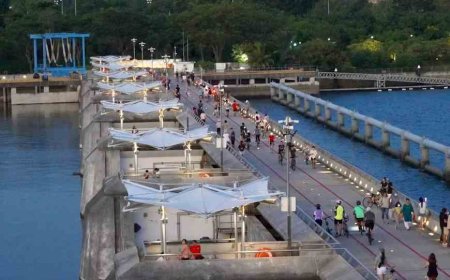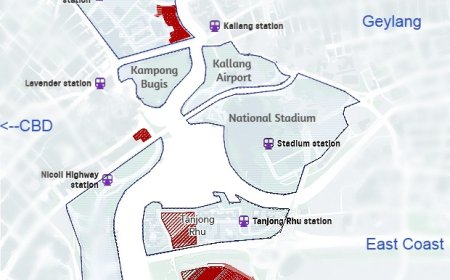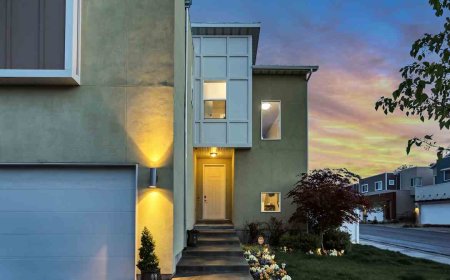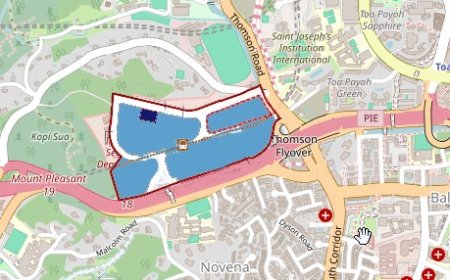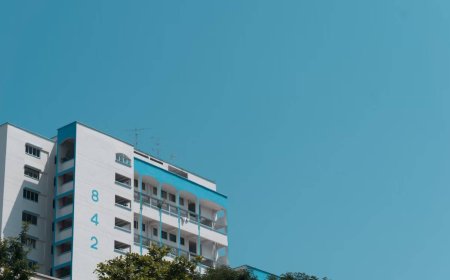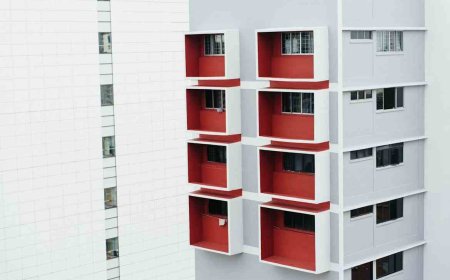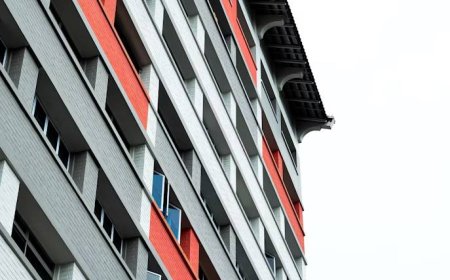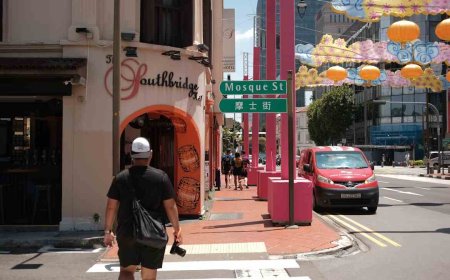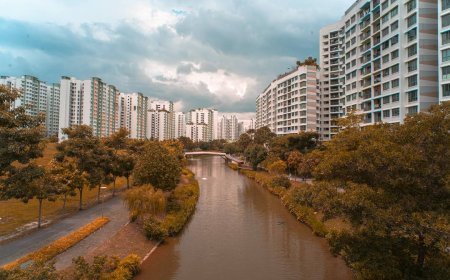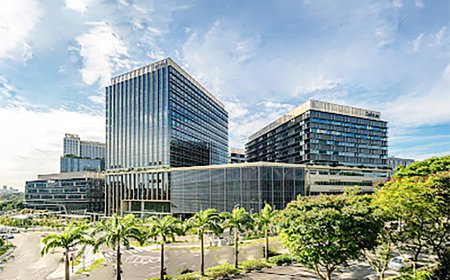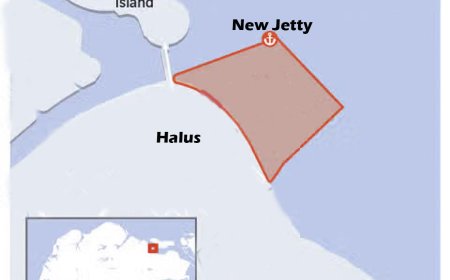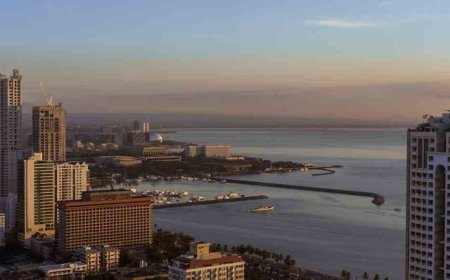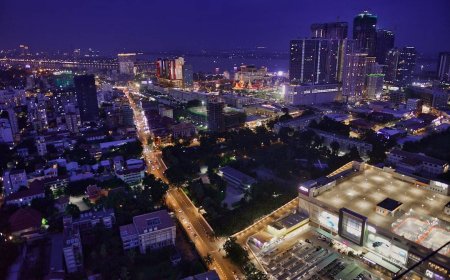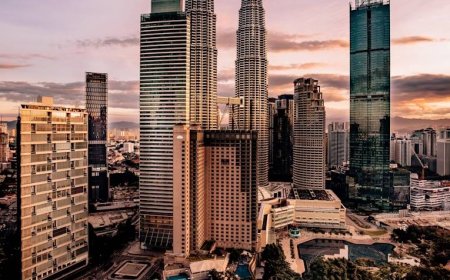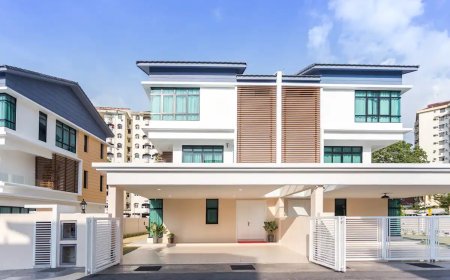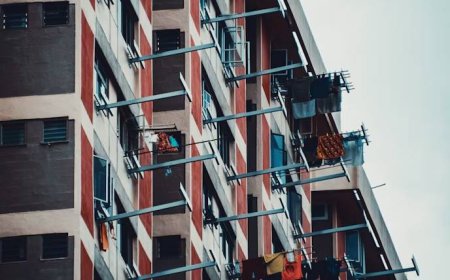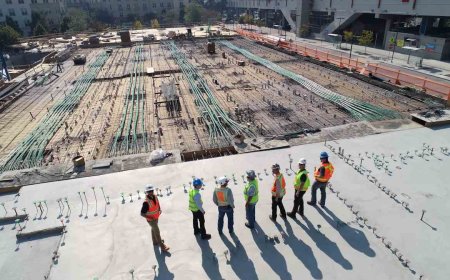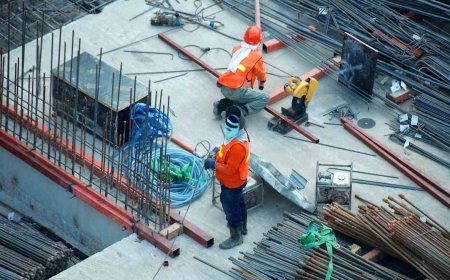Buying Real Estate in Manila as a Foreigner: What You Need to Know
Discover essential insights into buying real estate in Manila as a foreigner. Learn about Philippine property ownership laws, condo purchase rules, land lease options, key legal considerations, and investment opportunities for non-citizens in Metro Manila. Stay informed before making your property investment.
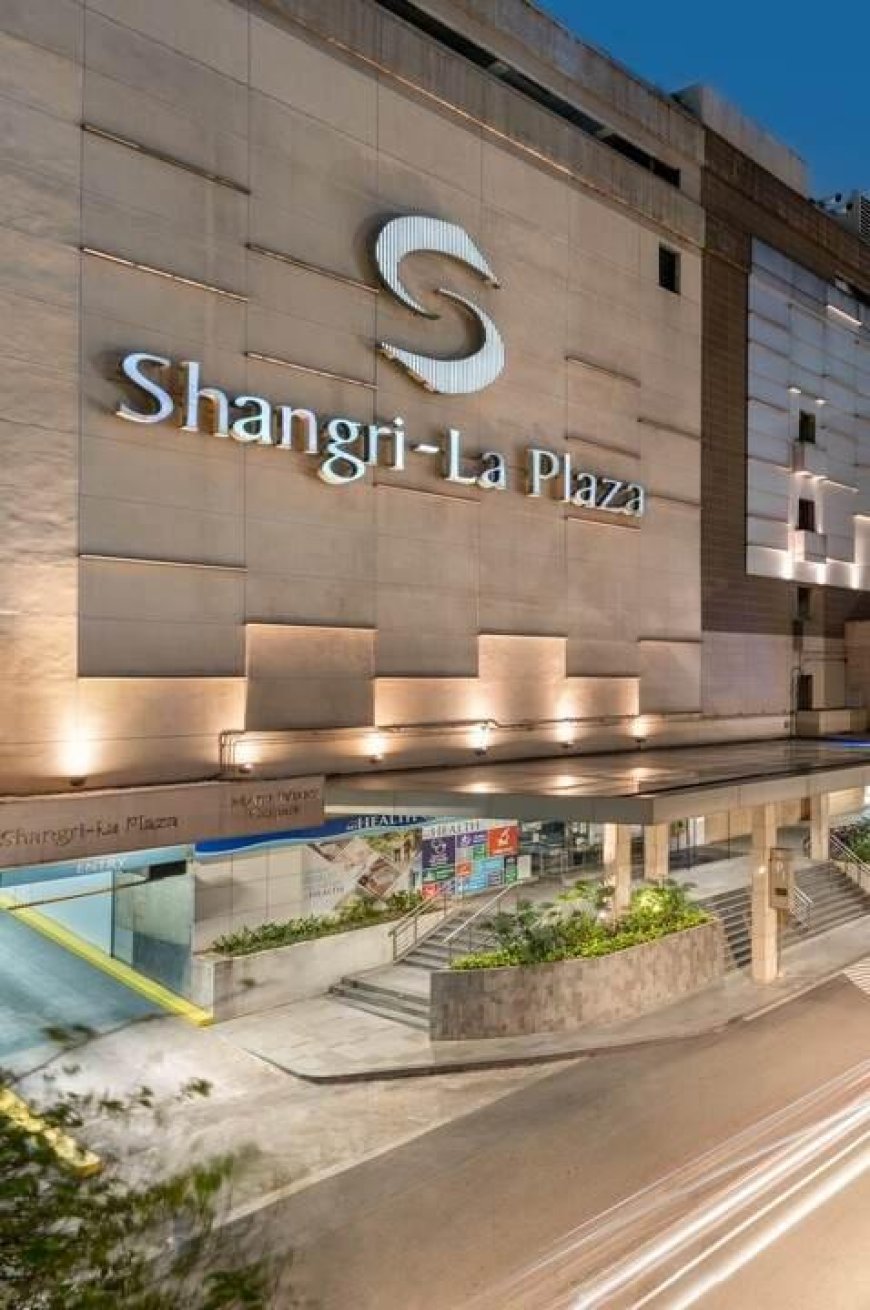
Buying Real Estate in Manila as a Foreigner: What You Need to Know
Manila, the bustling capital of the Philippines, is an exciting place for both locals and foreigners alike. With its rapid urbanization, booming economy, and rich cultural heritage, the city has become a hotspot for real estate investments. However, as a foreigner, you might find yourself asking, “Can I buy property in Manila?” While the answer is yes, there are specific rules, regulations, and restrictions that govern foreign ownership in the Philippines’ real estate market.
In this article, we will guide you through the process of buying property in Manila as a foreigner, helping you understand the legal framework, key considerations, and practical tips to ensure your investment is sound.
1. Foreign Ownership Laws in the Philippines
The Philippines has strict laws regarding foreign ownership of land. Under the 1987 Philippine Constitution, foreign nationals are not allowed to own land in the Philippines. However, there are exceptions to this rule, and foreigners can still buy property in Manila by adhering to certain legal structures and regulations.
2. Foreign Ownership of Condominium Units
While foreigners cannot directly own land, they are allowed to purchase condominium units. According to Philippine law, foreign nationals may own up to 40% of the units in a single condominium building, provided the remaining 60% is owned by Filipino citizens or Filipino-owned corporations. This makes condominiums a popular choice for foreign investors in Manila, where the property market for high-rise residential units is strong.
Before proceeding, it’s essential to check the percentage of foreign ownership in the condominium building you are interested in to ensure that the 40% cap has not been reached.
3. Long-Term Leases: An Alternative to Ownership
If you're not keen on buying a condominium or if you want to own land, there’s another option for foreigners in Manila—long-term leases. Foreign nationals may lease land for up to 50 years, with an option to extend the lease for another 25 years. This leasehold arrangement allows foreigners to use the property as if they were owners, but it does not grant them full ownership of the land.
In practice, many foreigners use long-term leases to secure land for commercial purposes or to build homes. However, it’s important to ensure the lease agreement is legally binding and structured in accordance with Philippine laws.
4. Establishing a Filipino Corporation
Another avenue available to foreigners interested in purchasing land in Manila is by forming a Filipino-owned corporation. The corporation must be 60% Filipino-owned, with only 40% foreign ownership allowed. This allows the foreign investor to hold 100% control over the real estate investment, as long as the corporation’s structure complies with Philippine ownership laws.
Many foreigners use this structure for commercial property purchases, such as acquiring office buildings or retail spaces. However, it’s important to understand the requirements and responsibilities of setting up and maintaining a corporation in the Philippines, including the costs and ongoing obligations.
5. Due Diligence and Legal Considerations
When buying real estate in Manila, due diligence is paramount. The Philippine property market is generally transparent, but it’s essential to verify the legitimacy of the property and ensure that there are no encumbrances or legal disputes associated with it. Some key steps to follow include:
- Title Verification: Ensure that the seller is the rightful owner of the property and that the title is free from encumbrances, such as unpaid taxes, liens, or other claims.
- Building Permits: Verify that the property has the necessary permits and complies with local zoning regulations and building codes.
- Foreign Ownership Cap: For condominiums, confirm that the foreign ownership cap has not been reached in the building you're interested in.
- Hire a Lawyer: Work with a qualified local lawyer who specializes in real estate transactions. They can help you navigate the legal process, review contracts, and ensure that everything complies with Philippine law.
6. Financing Your Purchase
Foreigners are generally not eligible for local financing or loans from Philippine banks. Therefore, many foreign buyers choose to finance their real estate purchase through personal savings or by securing financing from overseas banks. If you do wish to explore financing options, you may also consider partnering with a Filipino citizen or using a Filipino corporation to acquire a loan.
7. Taxes and Fees
When purchasing real estate in Manila, it’s crucial to be aware of the taxes and fees involved in the transaction:
- Transfer Tax: The transfer tax is usually around 0.5% to 0.75% of the sale price or the current market value of the property, whichever is higher.
- Documentary Stamp Tax: This is a tax imposed on the sale and transfer of real property. It’s usually 1.5% of the sale price or market value.
- Notarial Fees: Notary fees can vary but are generally around 1% of the property value.
- Registration Fees: Fees for registering the property title at the Land Registration Authority can also add up.
It’s important to account for these costs in addition to the purchase price of the property.
8. Popular Areas for Foreign Buyers in Manila
Manila offers several areas that are popular with foreign buyers, particularly those looking to invest in condominium properties. Some of the most sought-after neighborhoods include:
- Bonifacio Global City (BGC): Known for its modern developments, shopping centers, and international businesses, BGC is a popular choice for foreign investors.
- Makati: As the financial capital of the Philippines, Makati offers a mix of residential and commercial properties, including luxury condominiums.
- Quezon City: With a growing business district and affordable residential options, Quezon City is becoming an attractive destination for foreign buyers.
- Manila Bay Area: For those looking for waterfront properties, the Manila Bay area offers luxury condominiums and hotels with stunning views of the bay.
9. Working with Real Estate Agents
A reputable local real estate agent can be a valuable resource when navigating the Manila property market. They can help you find suitable properties, negotiate prices, and guide you through the legalities of buying property as a foreigner. Ensure that your agent has experience working with international buyers and is familiar with the requirements specific to foreign ownership.
10. Final Thoughts
Buying real estate in Manila as a foreigner can be a rewarding investment, provided you understand the legal framework and follow the correct procedures. While you may not be able to own land outright, there are plenty of ways to invest in the city, from purchasing condominium units to establishing a Filipino corporation or entering into long-term lease agreements. With proper research, due diligence, and professional guidance, you can navigate the complexities of the Manila real estate market and make a sound investment for your future.
Algene Toh
Disclaimer: The information presented on BSR2.com is intended for general informational purposes only. It does not constitute legal, financial, investment, or real estate advice and should not be relied upon as such. While every effort has been made to ensure the accuracy, reliability, and completeness of the content at the time of publication, all data is derived from publicly available sources and may be subject to change without notice. BSR2.com makes no representations or warranties of any kind, express or implied, regarding the suitability, timeliness, or accuracy of the information provided for any specific purpose. Users are strongly encouraged to seek independent advice from qualified professionals before making any decisions based on the content found on this website. BSR2.com shall not be held liable for any loss, damage, or consequence, whether direct or indirect, arising from the use of or reliance on the information provided. The content is intended as a general guide and does not take into account individual circumstances.
What's Your Reaction?
 Like
0
Like
0
 Dislike
0
Dislike
0
 Love
0
Love
0
 Funny
0
Funny
0
 Angry
0
Angry
0
 Sad
0
Sad
0
 Wow
0
Wow
0
